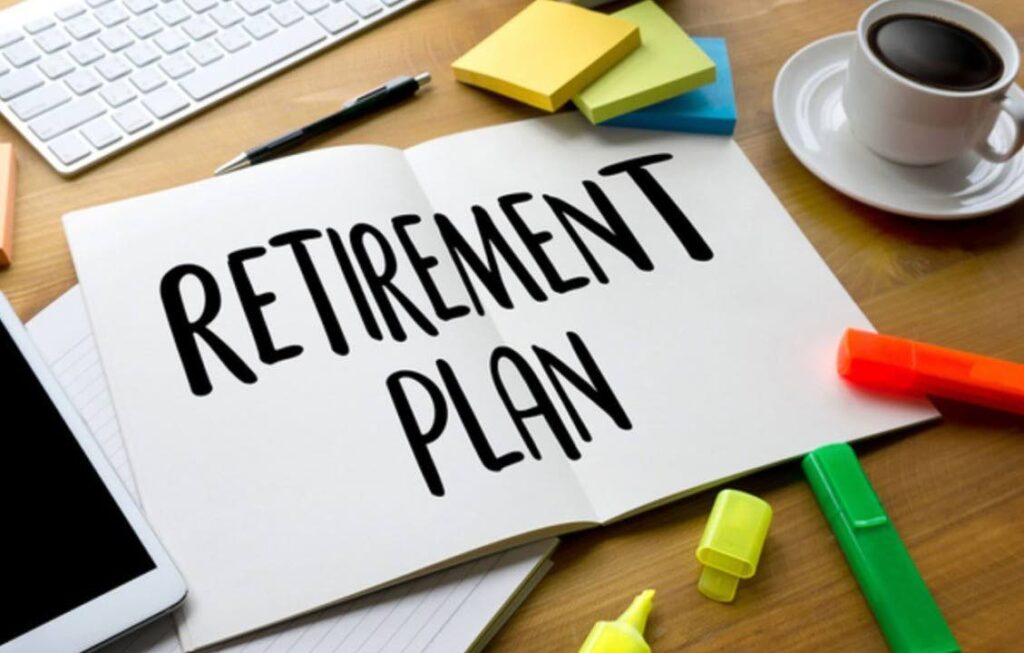Have you thought about retirement planning?

Retirement is when a person reaches their golden years (mainly in their 60s) and they are either required to, or they choose to, leave the workforce behind.
As night follows day, one thing is certain, we all will grow old one day and will leave that work life behind us. How we plan for it will determine if it’s a happy or sad transition.
So ask yourself this question, if I go to work tomorrow and your employer says to you, “We have to cut your salary by 50 per cent or more,” would you be able to sustain your lifestyle comfortably?
This is basically what can happen at retirement.
Not planning for retirement can:
• decrease your standard of living and your ability to financially sustain the rises in cost of living and inflation
• reduce your ability to pay for life’s necessities eg (food, clothing, shelter, bills, and entertainment)
• make it difficult to cover the rising cost of medical expense due to advancing age
• add burdens to a family member as they now must assist with your necessity
• become dependent on state resources which may not adequately meet requirements
• create further income shortfalls, especially where small and medium-sized businesses have to tightly manage cash flows and cannot afford to provide high-benefit pension plans.
Planning for retirement can be easier than you think.
1. Decide what age you would like to retire. Whether it be a required age or one of your choosing.
2. Determine the desired income goal you need, or even want. Remember to take into consideration that the value of your dollar today will not be equivalent in the years to come.
3. Gather the necessary information on all other sources of retirement income that you may receive from your employer, business, the State, or investments. These could include benefits such as company pension, national insurance benefit, senior citizens' grant and rental income. This information is important, so don’t wait years to do it; the sooner you act, the better you can plan.
4. Use a formula: subtract your income goal from the sources of retirement income for which you will be eligible. This will determine your income gap (ie, surplus or shortfall).
5. Now, strategically plan a road map on how to close that income gap within the estimated years you have until you retire.
Citizens must always bear in mind that retiring on 75 per cent of their last income is the ideal goal for which they should strive. Remember, when someone retires, they still need an income to meet all the normal living requirements, plus any special needs which may arise. Due to economic developments, and rising costs of basic commodities; saving for retirement years have now become even more important, particularly to working class individuals. A private pension plan is a guaranteed income for life which can remove uncertainty in fluctuation of income.
For many, retirement seems to be far away and they don’t need to bother about it at present. But as life will have it, time waits on no one and before you know it, retirement enters into your life. Saving for one’s retirement should be considered and implemented as early as possible to ensure sufficient time and affordability for building that nest’s egg.
Time is your greatest asset and should be taken advantage of. When you start early, you are better able to ensure comfortable living in your golden years.
The TT Chamber of Industry and Commerce thanks Yannick Antoine, unit manager, Guardian Life of the Caribbean Ltd (a member of the Chamber) for contributing this article.


Comments
"Have you thought about retirement planning?"